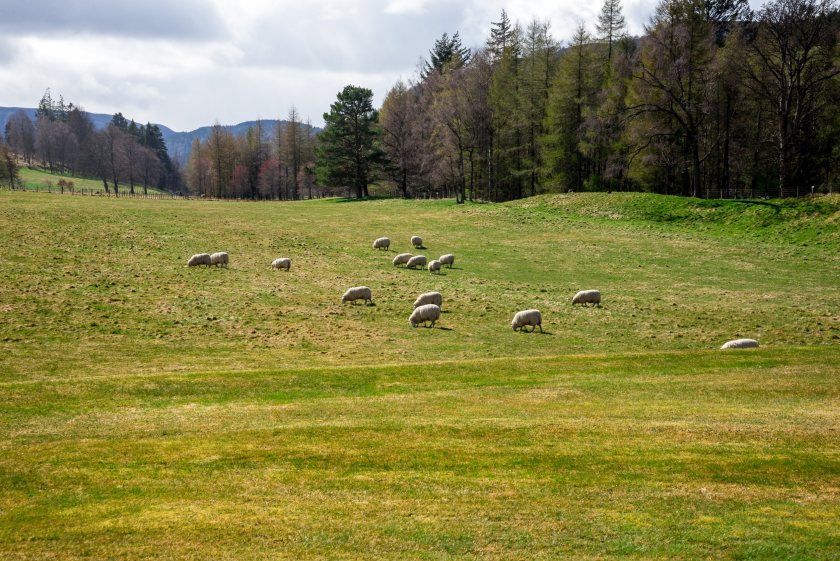
The Scottish government’s land reform plans could "fail rural Scotland for generations" if the private business sector’s economic and environmental contribution is not embraced.
This is according to the Scottish Land & Estates (SLE), which has warned today (3 May) that Scotland was "on the brink of yet more land reform legislation".
The Scottish government is bringing forward a new Land Reform Bill, which intends to subject farms and estates to new regulations to address what it describes as ‘adverse’ impacts of large-scale landownership.
The bill is seen as an important step forward in ensuring Scottish land is owned and used in the public interest, and to the benefit of the people of Scotland.
The Scottish government said "those with the broadest shoulders should bear the greatest burden in reaching our goals of net zero and nature restoration".
But the SLE said it was important that the legislation "gets the balance right" of enabling rural businesses to deliver benefits without stifling innovation and investment.
Mark Tennant, chairman of the organisation, said at the annual conference today: “The investment needed to reach net zero is huge and goes way beyond what government can do alone.
"It will require serious amounts of investment from the private sector and this is best delivered at scale, as opposed to a counter-productive political pursuit of increasing fragmentation of landownership."
Earlier this year a landmark report was produced BiGGAR Economics on the contribution of estates to Scotland’s Wellbeing Economy which includes measuring social, economic and environmental achievement.
The report found that farms and estates are delivering on seven out of 11 benchmarks set by Scottish government on progress towards a successful wellbeing economy.
Farms and estate also generate around £2.4bn GVA, provide homes for nearly 13,000 families and land for around 14,000 rural enterprises.
The report’s authors said that estates were "providing the kind of private investment that will allow the Scottish government to deliver on its priorities".
Mr Tennant said: "We believe the Scottish government must seriously consider what exactly it wants to achieve with its current land reform proposals.
"There is a simple question for government about what it considers more important – achieving fragmentation of ownership or attracting large-scale investment to achieve net zero?
“Recent research confirmed the huge role estates play in supporting approximately 57,300 jobs – around 1 in 10 rural jobs – and generating an estimated £2.4 billion GVA per year.
"Yet the proposals risk endangering the substantial finance needed for landscape level projects to reach net zero," he warned.
